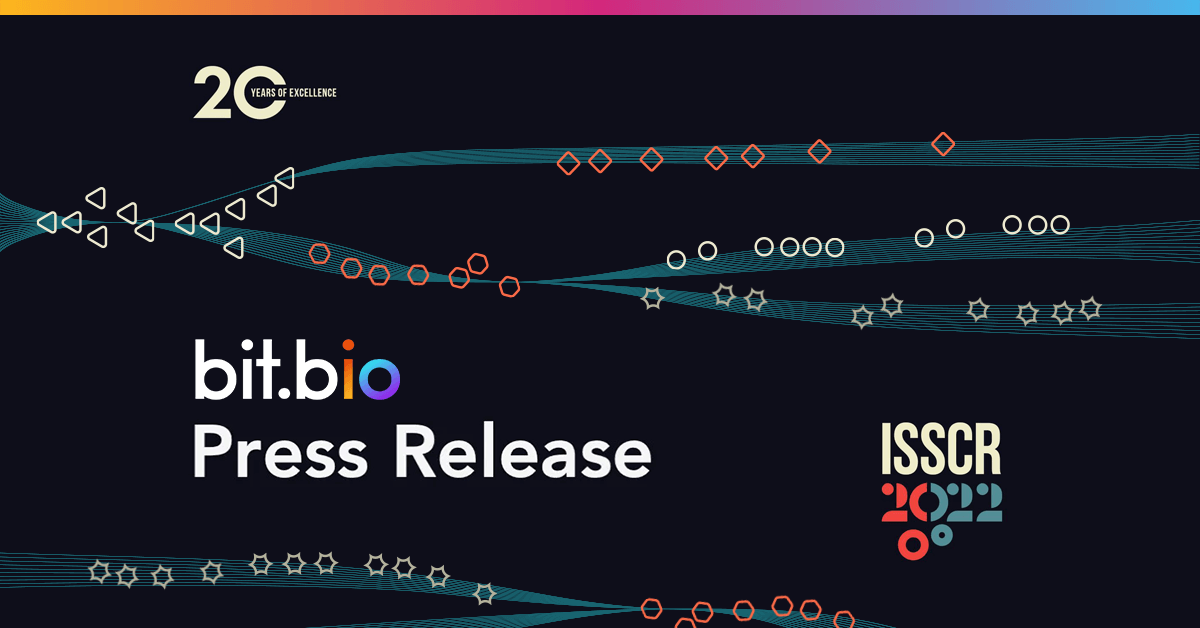15.06.2022 | Published by bit.bio

15.06.2022 | Published by bit.bio

bit.bio, a synthetic biology company working on developing and providing any human cell type at scale, will present development and characterisation data on glutamatergic neurons, skeletal myocytes, microglia and associated disease models at this year’s International Society for Stem Cell Research Conference (ISSCR) today.
These precisely reprogrammed cell types are generated with the company’s precision cellular reprogramming technology opti-ox that enables unlimited batches of any human cell to be manufactured consistently at scale. The company already has three cell products on the market for research and drug discovery. The presentations at ISSCR showcase the continuing expansion of the platform technology to create a wide product portfolio of ioCells.
The first poster demonstrates the characterisation, validation and application of the pioneer product from bit.bio’s new ioDisease Model portfolio - ioGlutamatergic Neurons HTT50CAG/WT, a Huntington’s disease model launched a few weeks ago. ioDisease Model cells are a range of precision reprogrammed human iPSC-derived cells which have specific disease-associated mutations, that can replicate human disease genotype in vitro and can be matched to an isogenic wild type control.
The second poster shows exclusive new data about the generation of opti-ox powered microglia. Presented in the poster are key insights into the functionality and consistency of iPSC-derived microglia showing how these cells can be used to study neuroinflammation and neurodegenerative disorders. The development of microglia powered by opti-ox demonstrates the capabilities of opti-ox precision cellular reprogramming technology are effective at creating consistent batches of human cell type at scale.
The final poster to be presented focuses on ioSkeletal Myocytes, details the latest data for the second ioCells product that was launched in 2021, and showcases the development of an isogenic disease model of Duchenne's Muscular Dystrophy.
“bit.bio’s cell reprogramming technology overcomes the bottlenecks of traditional stem cell differentiation and is able to provide consistent and highly defined human cells at scale. We are working towards a new generation of cell therapies that will be accessible for every patient everywhere. In addition, human cells and disease models play an important role for bridging the translation gap between animal models and cell lines used in basic research and human biology.
 Mark KotterCo-founder and CEO, bit.bio
Mark KotterCo-founder and CEO, bit.bio